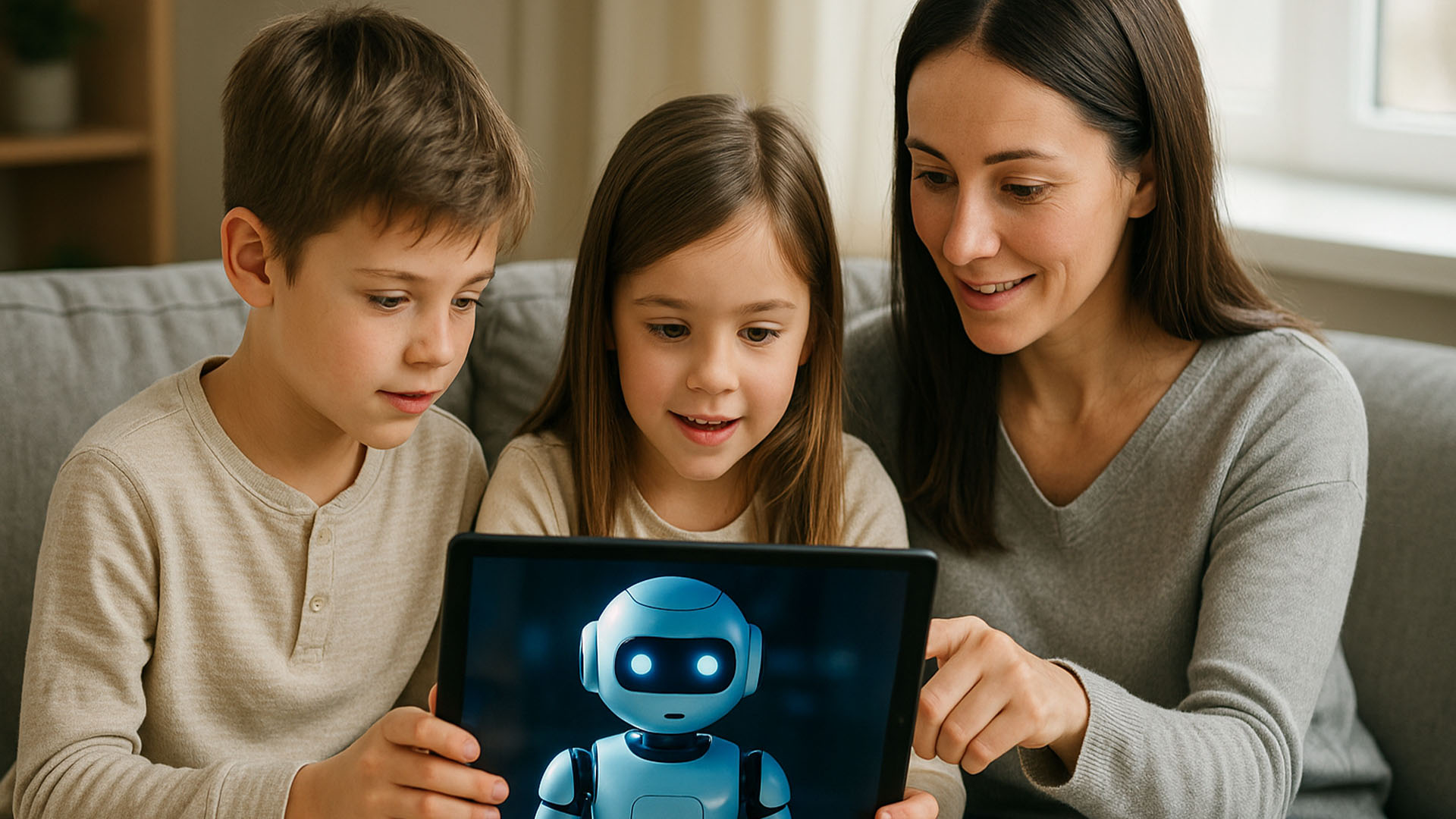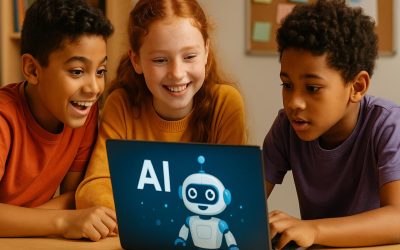Artificial Intelligence (AI) is no longer a concept from science fiction; it’s a part of our daily lives, and it’s increasingly playing a role in how children learn and play. From personalized learning apps to interactive toys, AI offers exciting possibilities for education and entertainment. However, it also raises important questions about its impact on children’s development. This article explores the growing role of AI in children’s lives, its potential benefits, and the considerations parents should keep in mind.
AI as a Learning Tool
AI-powered educational tools can adapt to a child’s individual learning pace and style, providing personalized content and feedback. This can make learning more engaging and effective. For example, AI can help children with everything from mastering math problems to learning a new language. The ability of AI to provide instant feedback and customized learning paths can be a powerful supplement to traditional education.
AI in Play and Entertainment
AI is also transforming the way children play. AI-powered toys can interact with children in sophisticated ways, responding to their speech and actions. This can create more immersive and engaging play experiences. Additionally, AI is being used to generate creative content, such as personalized bedtime stories, which can spark a child’s imagination.
The Rise of AI-Powered Parenting Tools
Parents are also turning to AI for assistance. AI-powered apps can help with everything from managing schedules to answering a child’s endless stream of questions. While these tools can be incredibly convenient, it’s important for parents to use them thoughtfully and not as a replacement for their own intuition and judgment [1].
Navigating the Challenges of AI
While AI offers many benefits, it’s not without its challenges. One of the main concerns is privacy. Parents should be aware of how their children’s data is being collected and used by AI-powered apps and toys. It’s also important to consider the potential for over-reliance on AI. While AI can be a helpful tool, it’s crucial for children to develop their own critical thinking and problem-solving skills.
Q&A
Q1: What are some examples of AI-powered learning tools for children?
A1: There are many AI-powered learning tools available, such as language learning apps that provide personalized feedback on pronunciation, math apps that adapt to a child’s skill level, and reading apps that help children improve their comprehension.
Q2: How can parents ensure their children are using AI-powered toys and apps safely?
A2: Parents should research the privacy policies of any AI-powered products their children use. They should also have open conversations with their children about online safety and the importance of not sharing personal information.
Q3: What is the most important thing for parents to remember when it comes to AI and their children?
A3: The most important thing is to stay engaged and involved. AI should be seen as a tool to supplement, not replace, a parent’s role in their child’s life. Parents should continue to have open conversations with their children, encourage their curiosity, and guide them in their use of technology.
Sources
- [1] Murphy, K. (2025, January 6). 5 Parenting Trends That Will Rock Your World in 2025. Macaroni KID Erie. Retrieved from https://erie.macaronikid.com/articles/674f7234679fd4559d2cccf8/5-parenting-trends-that-will-rock-your-world-in-2025








0 Comments